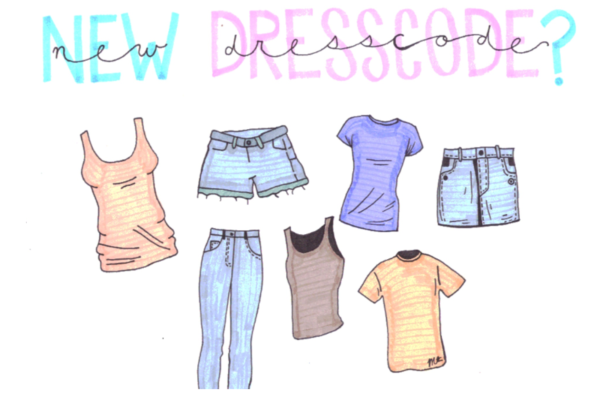Alexa, friend or foe?
“We use technology without understanding how it operates” – Unknown.
Unlike previous generations, technology has been an integral part of millennials’ lives since childhood. We’ve grown up with cell phones, iPads, and technology that at one point, our parents couldn’t even imagine.
Maybe it is our familiarity with high-tech devices that leaves us comfortable enough not to question anything about the newest updates or inventions, and perhaps this is the explanation for the sweeping popularity of voice controlled, “intelligent personal assistants.”
Recently, both Internet industry tycoons, Amazon and Google, have put forward voice controlled “smart speakers”; the Amazon Echo and the Google Home.
Both devices are undoubtedly impressive. One simply has to say the device’s recognizable phrase, “Hey Google” or, “Alexa,” followed by a command, and a wish turns into a command.
According to Fortune.com these smart devices can play music, dim lights, answer questions, call ubers, and the Echo specifically can order items off Amazon, all without requiring the user to lift a finger.
But in the search for convenience, privacy has been somewhat overlooked.
Whenever a user makes a voice request, according to Wired.com, “Google Home and Alexa-enabled devices record and stream audio clips of what you say to a server to process the audio and formulate a response.”
Does this mean the devices are always listening?
Yes and no. In order to function, the “smart speakers,” have to be constantly listening for their trigger words. But the companies claim that though they are always listening, only phrases that contain the device’s activation words are recorded and stored.
However, a recent murder investigation case leaves this claim somewhat suspicious.
In an Arkansas investigation, according to The Chicago Tribune, “police investigators issued a warrant for Amazon provide them with voice recordings, transcripts and other information captured by one of the company’s Echo speakers.”
One would wonder what could be gained in a criminal investigation from a couple song requests or inquisitions about the weather, but the device has another less-known aspect to it’s recording.
The device not only stores what is said directly after the wake word, but also what comes before. According to Wired, “the recording process works a bit like a camera with a pre-buffer system, which captures a few frames before you press the shutter button.” Except instead of images, it captures a voice.
It’s events like these that leave the future of privacy uncomfortably unsure. We are constantly surrounded by cameras and microphones. It’s no longer a conspiracy theory to believe that we are being watched. If a person owns any form of modern technology, at some point, it’s probably been true.
This problem concerning the relationship between privacy and technology is extremely complex and infrequently talked about. There is not one simple solution, but the first step would be to stop blindly accepting any form of technology into our homes, without researching or questioning it’s purpose.
If individual privacy is going to be conserved in the future, we have to start noticing, now, when it isn’t.

Senior
Journalism III student
Audrey’s favorite quote is, “To be hardcore, you have to live hardcore.”





